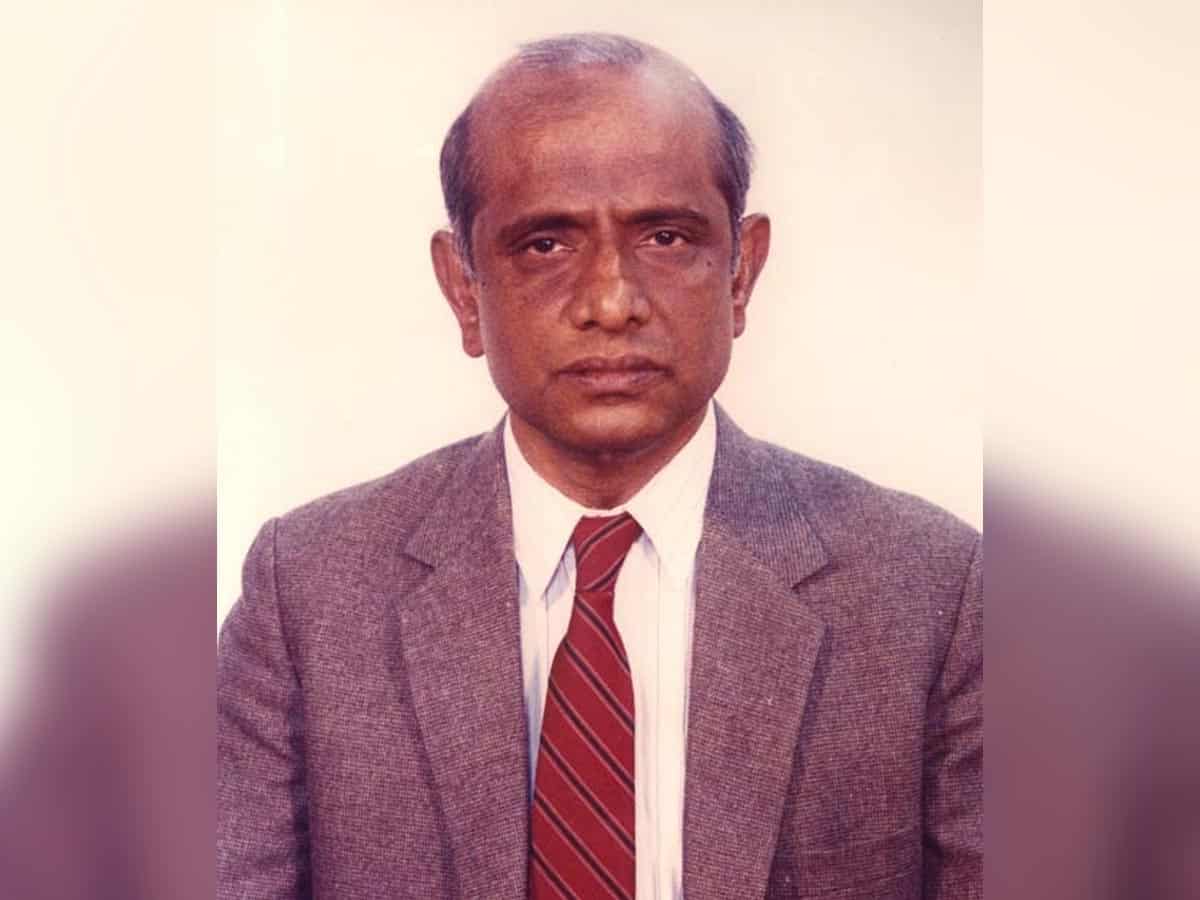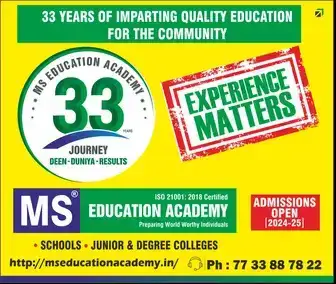
It was sometime towards the end of May 1989. India had successfully launched Agni, the missile with capability to carry a nuclear warhead. At the packed hall in the DRDL, a defence lab in Hyderabad, Dr V S Arunachalam and the top brass of the DRDO were talking to the media persons.
Curious mediapersons were trying hard to confirm and get the defence scientists to announce that Agni-1, with capability to carry 1000 kg warhead could also deliver a nuclear weapon. Dr Arunachalam, the Scientific Adviser to Defence Minister and quite a diplomat, tactfully countered by telling the Journalists, your questions are similar to asking me, “Do you still beat your wife”.
India was at that time under tremendous pressure from the big nuclear powers not to possess nuclear weapons or technological capability. More so after the 1974 Pokhran tests, the country faced sanctions and technology denial regimes.
Abdul Kalam too parried the question
So being non-committal was the best stand to be taken and that’s what Dr Arunachalam, Secretary, Department of Defence (R&D), known for his wonderful sense of humour achieved and carried the day well.
He went and asked A P J Abdul Kalam, the Programme Director of the Integrated Guided Missile Development Programme (IGMDP) to explain more about Agni. In his inimitable style and tact Kalam said “The Agni missile will carry anything you put from a garland of flowers to Samosas or bombs.”
In the passing away of Dr Arunachalam on Wednesday in California, the US at the age of 87, India lost a top defence scientist-administrator and thinker. He held the post of SA to Defence Minister, Secretary, Defence (R&D) and Director General, Defence Research and Development Organisation (DRDO) during 1982-92. Incidentally, Kalam succeeded him in that position and steered the DRDO to further heights.
He served 5 PMs as advisor
With his ability to communicate scientific ideas in simpler terms he ensured that his tenure of one decade was one of the most happening and growth phases of the DRDO. Arunachalam played an important role in the launching of the IGMDP (with mandate to develop 5 missiles including Agni, Prithvi and Nag in 1983), the Light Combat Aircraft (LCA) and the Advanced Technology Vessel (ATV) among many other projects. His closeness to Prime Minister, Rajiv Gandhi helped in raising the budget for the defence research multi fold.
The broad objective of the ‘Big Ticket’ projects was to develop a family of strategic and tactical guided missiles and defence capabilities to safeguard the country. Accordingly, an innovative management structure was created for the IGMDP that helped in efficient sanctioning of projects and direct monitoring of the progress. It was later adopted throughout the DRDO and the chain of nearly 50 national institutes.
Dr Arunachalam enjoyed the confidence of 5 Prime Ministers and several Defence Ministers during his eventful stint. The prime ministers included Indira Gandhi, Rajiv Gandhi, V P Singh, S Chandrasekhar and P V Narasimha Rao.
Interestingly, Arunachalam, who was the Director of the Hyderabad-based, Defence Metallurgical Research Laboratory (DMRL), succeeded Dr Raja Ramanna, who in turn was instrumental in elevating the position of the DG, DRDO to a Secretary rank in 1980 with the return of Indira Gandhi to power.
In a long and distinguished career, the tall and lanky Arunachalam, basically a materials scientist, started with the Bhabha Atomic Research Centre (BARC), under the Department of Atomic Energy (DAE), then moved on to the National Aerospace Laboratory (NAL), Bengaluru under the Council of Scientific and Industrial Research (CSIR), before joining the Defence Metallurgical Research Laboratory (DMRL), under the DRDO as its Director.
His dedication has left an enduring mark
In a condolence note the DRDO tweeted: DRDO salutes the visionary leadership of the late Dr V S Arunachalam, the first DRDO scientist to head DRDO and to assume office of SA. His dedication to advancing technology has left an enduring mark. May his legacy continue to inspire progress.
A founder chairman of the CSTEP (Centre for Science, Technology and Policy), think tank based in Bengaluru, Arunachalam also served for a few years as a Distinguished Service Professor (Engineering and Public Policy) at the famous Carnegie Mellon University, Pittsburg in US. He collaborated there with the renowned Dr Raj Reddy, a top name in Robotics, AI and Machine Learning.
Incidentally, his association with the American University raised a huge controversy back home in India. Questions were raised on how a top defence scientist with access to ‘key and sensitive’ data about India’s strategic affairs could be allowed by the Government to do it. Even in Parliament question was raised by opposition leaders. Not only did Arunachalam weather the storm but did some interesting work on India’s science and technology capabilities and defence.
He settled down in Bengaluru
Post his stints in the US and the University of Wales, of which he was an alumnus, Arunachalam settled down in Bengaluru and took up advisory roles and studies for the government in a wide range of areas from optical fibre communications, iron and steel industry, S&T missions of societal benefit for reducing poverty to increasing literacy and engineering education.
For his enormous contributions to engineering science and technology, Arunachalam was well acclaimed and honoured by the Government of India with the Padma Vibhushan in 1990. He also won the Shanti Swarup Bhatnagar Prize in 1980.
Another distinction he achieved was to be the first Indian to be elected as a Fellow of the Royal Academy of Engineering, UK. In 2015, the DRDO conferred on him its highest lifetime achievement award.
Arunachalam served as a member of the advisory and editorial boards of several universities and foundations, including the Materials Research Society Bulletin.

